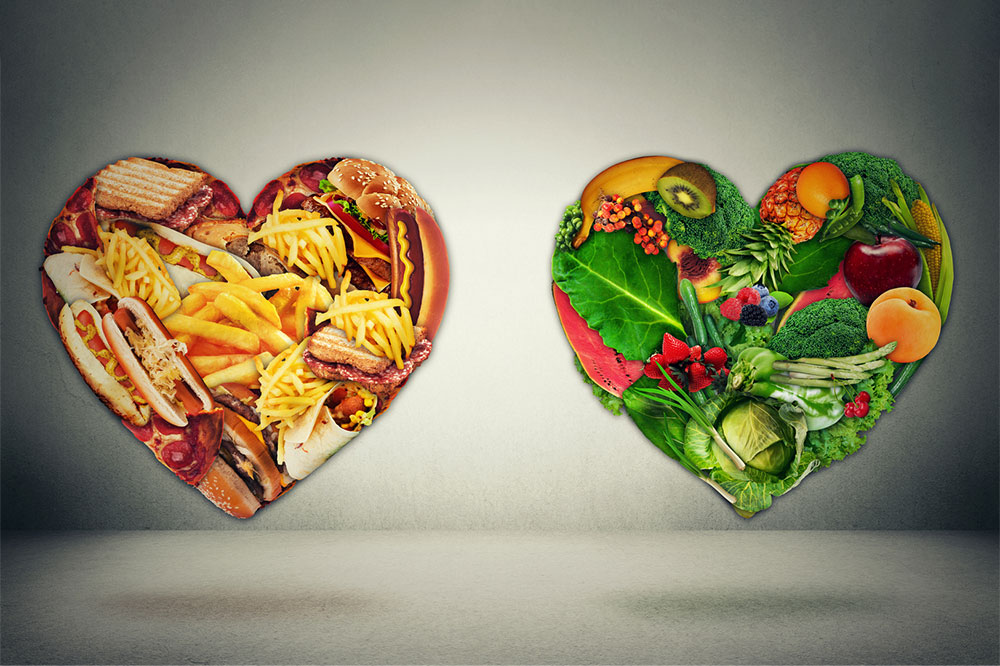Foods to eat and avoid for macular degeneration

Age-related macular degeneration (AMD) is a disease that affects one’s eyes, causing partial or complete loss of vision. Symptoms of this condition include blurry or fuzzy vision, difficulty recognizing familiar faces, a blind spot or the loss of central vision, which is essential for activities like driving and reading. Modifying one’s food regime can help slow down the progression of this condition. This article highlights foods to eat and avoid for managing macular degeneration.
Foods to eat to manage macular degeneration
Salmon
Salmon contains EPA and DHA omega-3 fatty acids, which can help the body fight inflammation and reduce cholesterol levels, which have been linked to AMD progression. Other sources of omega-3 fatty acids include mackerel, tuna, anchovies, avocado, walnuts, and flaxseed.
Berries
Oxidation is a major contributor to expediting the progression of AMD. Berries can help combat this oxidative damage. Blueberries, bilberries, black currants, strawberries, and goji berries are rich sources of antioxidants like anthocyanins. These can help protect the retina against degenerative damage by regenerating retinal cells and improving blood flow to the region, slowing down the progression of AMD. Berries also contain vitamin C, which helps the blood build collagen, strengthens the blood vessels in the eyes, and protects vision. Other anti-oxidative foods that may protect the retina include carrots, sweet potatoes, papayas, tomatoes, and watermelons.
Kale and spinach
Leafy greens like kale and spinach are rich sources of carotenoids lutein and zeaxanthin, which can protect the retina. Other sources of carotenoids include basil, parsley, leeks, peas, broccoli, avocado, lettuce, Brussels sprouts, asparagus, bell peppers, egg yolks, salmon, and whole wheat.
Foods to avoid for macular degeneration
Red meat
Red and processed meat may be a contributing factor for macular degeneration. However, this is contingent on the quantity of meat consumed. According to research, those who frequently add red and processed meat such as beef, lamb, pork, venison, bacon, cold cuts, hot dogs, salami, and ham to their meals are at a greater risk of early AMD.
Refined flour
In the process of refining, flour loses its nutritional value, that is, its fiber, vitamin, and mineral content. This results in empty calories. Refined flour is easily digestible and can cause spikes in the glycemic index (GI). Research suggests that regularly having high-GI foods may contribute to early-onset and progressive macular degeneration.
Processed foods
Processed and fast foods are often high in cholesterol. Excessive consumption of these foods over time can block blood supply to the retina, increasing the risk of macular degeneration. Some common high-cholesterol foods to avoid are saturated fats like shortening, lard, coconut oil, and palm oil, full-fat dairy, buttered popcorn, fried foods, potato chips, and baked goods. One must also avoid processed sweetened beverages and syrups, as they hold minimal nutritional value and can lead to GI spikes.
Avoiding or limiting the intake of these foods while adding beneficial foods to one’s daily meals can help reduce the risk of retinal damage and slow down AMD progression.






